Comments
- No comments found
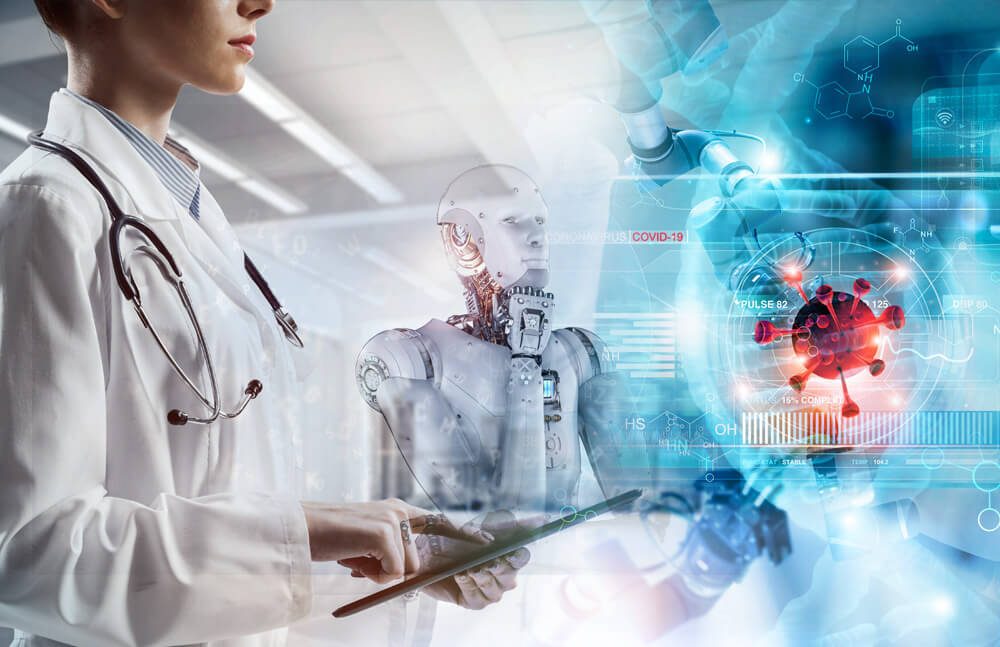
The Covid crisis has caused significant human and economic costs.
Lives have been lost and economic damage has resulted to certain sectors of the economy. Substantial parts of the economy have been kept afloat by the economic policies of governments and yet that too has resulted in large amounts of debt being accumulated in some cases in countries that already have a debt overhang from the consequences of the financial crisis and resulting great recession a decade ago.
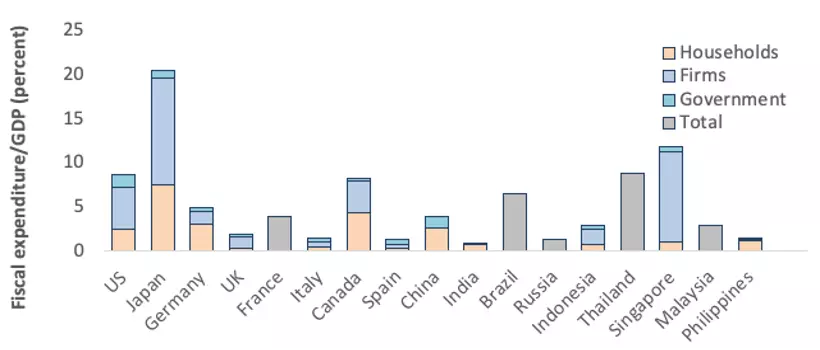
Source for image above: Jamus Lim, Voxeu.org
For example, the UK that acted as the host nation of COP26 UN Conference of the Parties Summit on Climate Change, incomes are likely to remain below 2019 levels until 2023 as noted in an article in the Guardian: the Squeeze on UK incomes will last until late 2023, according to the OBR.
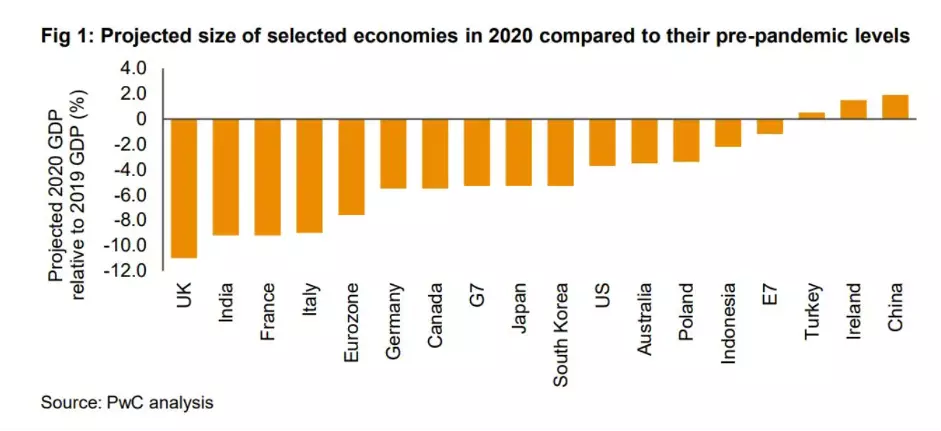
Source for image above PWC
At the same time the UN Conference of the Parties (COP 26) summit on Climate Change set out the stark warning that if we continue with business as usual (BAU) then we are on a trajectory to hit 1.5C of warming by the early 2040s, quite possibly even 2C.
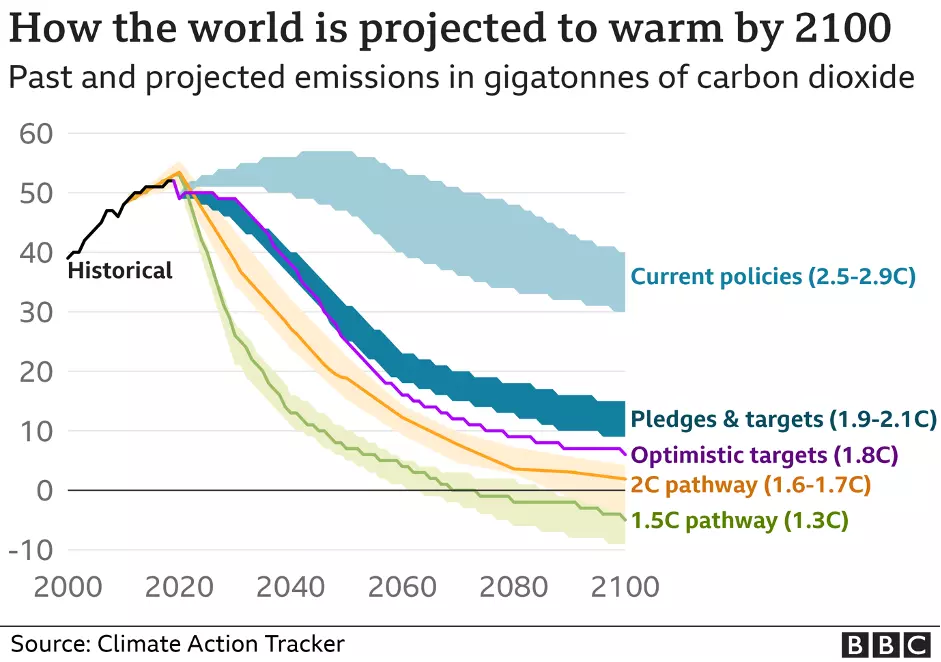
Source for image above BBC
The underlying driver for this change is the impact of increasing particles of Carbon Dioxide in our atmosphere with much of it resulting from our dependency on fossil fuels for energy and transportation and also the impact of heavy industry, agricultural practices and inefficiencies in our buildings and cities.
Richard Betts in World Economic Forum notes that the Met Office report showing that: “Atmospheric CO2 now hitting 50% higher than pre-industrial levels”
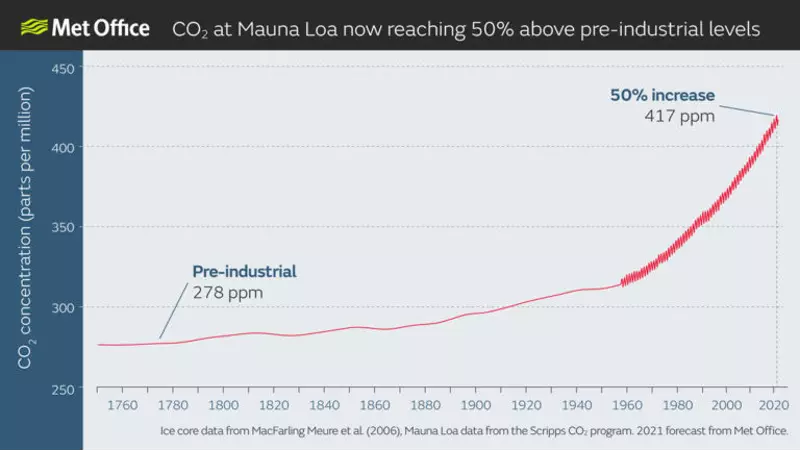
Source for image above World Economic Forum , Met Office Global atmospheric CO2 concentrations from 1700 to 2021.
In an era where the mass media tend to hype the “imminent” arrival of Artificial General Intelligence (AGI) and Artificial Super Intelligence (ASI) whereby AI technology matches or even surpasses that of the human brain as the main threat to humanity, the real risks to humanity are often overlooked.
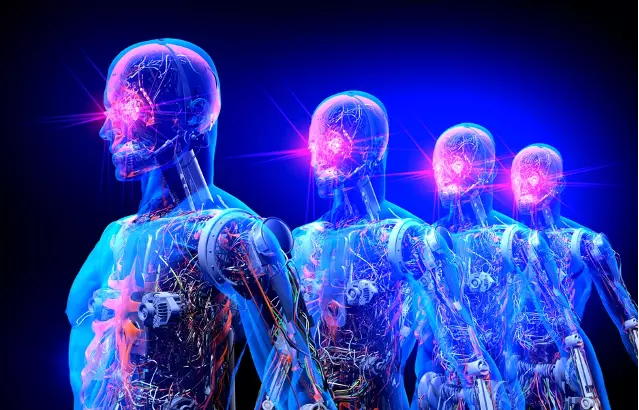
The author submits that the impact of Climate Change that are set to occur over the course of the 2030s and 2040s, which is within the lifetime of many of us on this planet, will result in drought, famine, war over scarce resources and mass migrations on a scale never witnessed before. It will result in property damage and economic fallouts around the world. Further risks also exist in poor governance around data harvesting and using AI technology for a mass surveillance and George Orwell themed 1984 Big Brother disinformation propaganda controlled society.
The question then arises in relation to Climate Change mitigation policies whether we need to pursue economic contraction to combat Climate Change. Is economic growth really the ultimate evil? Research has shown that in fact economic growth has been the major engine of poverty alleviation.
Economic growth has been a key tool to help alleviate global poverty. The OECD reference Adams R (2003) in stating the following:
“Research that compares the experiences of a wide range of developing countries finds consistently strong evidence that rapid and sustained growth is the single most important way to reduce poverty. A typical estimate from these cross-country studies is that a 10 per cent increase in a country’s average income will reduce the poverty rate.“
Furthermore, Dani Rodrik (2007), Harvard University states:
“The central lesson from the past 50 years of development research and policy is that economic growth is the most effective way to pull people out of poverty and deliver on their wider objectives for a better life. “
On the one hand Kelsey Piper asks whether Can we save the planet by shrinking the economy? However, the author believes that this movement has not logically considered the consequences and Diego Diaz Pilas asked the question about the correct policy response.
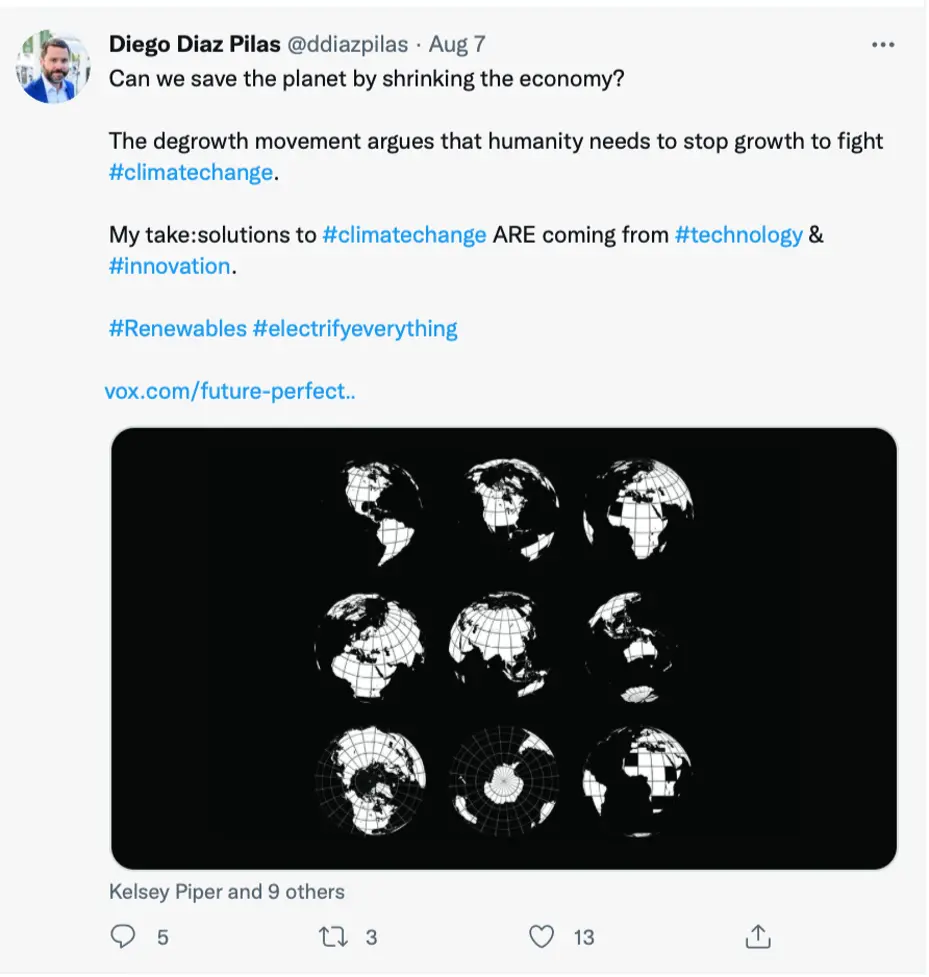
The author concurs with the viewpoint of Diego Diaz Pilas. The solution has to be the advancing technological route.
Firstly, the emerging markets and developing world including major emitters such as China, India and Indonesia are highly unlikely to abandon growth in the short to medium term.
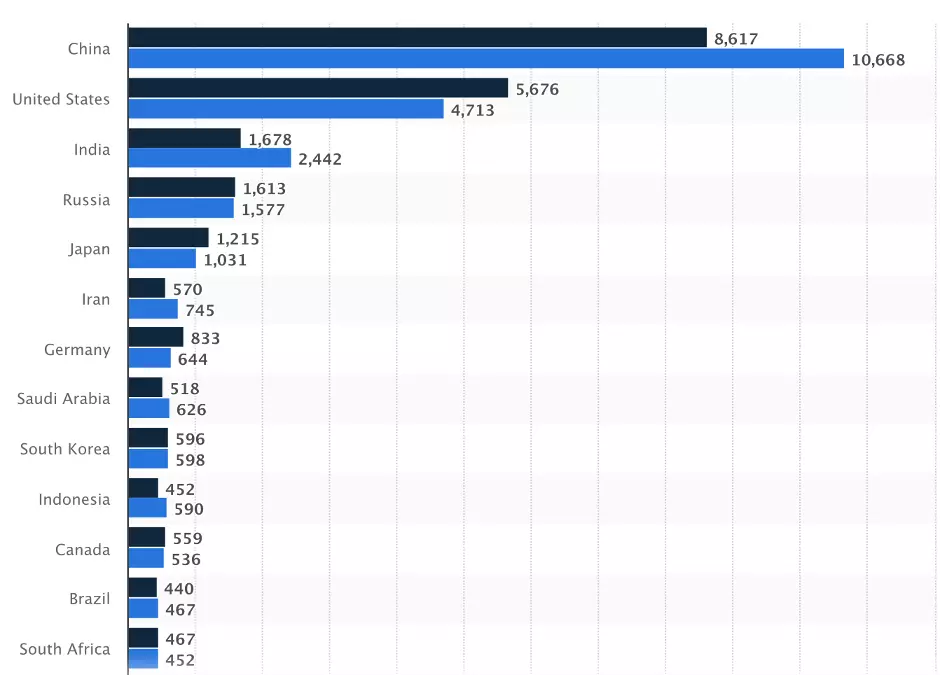
Source for image above Statista Carbon dioxide emissions in 2010 and 2020, by select country, X axis Co2 emissions in million tonnes
Dark blue / navy shade = 2010
Lighter blue shade = 2020
This means that even if the OECD countries pursued economic contraction policies it may not allow for the prevention of material climate change.
The second point is that we should have learned from the lessons of the 1930s, the great recession that followed the aftermath of the financial crisis in 2008/2009, and the steep recession created by Covid is that extremism and social anxiety escalate in such scenarios.
Indeed, one may argue that it is reasonable that a logical government will fear losing at an election by pursuing such policies.
Economies around the world have been hit by the Covid crisis. Many countries continue to be hit by Covid. The reality is that most governments (elected or otherwise) will look to stimulate economic growth to generate jobs, tax receipts and prosperity across their economies.
As a consequence, BAU will return and carbon emissions go back up. For example, a recent report showed that global emissions were returning to pre Covid levels.
Hence this is the time to align the economic policies Environmental Social and Governance (ESG) alongside those of economic policies. We are on the verge of a dramatic technological revolution as we approach the era of standalone 5G networks at scale and AI technology. Set to scale across the Internet of Things (IoT) resulting in the AIoT across the Edge of the network (on device). Policies that pursue eco
This is also a time to lay down key governance frameworks that will lay the foundations for solid ethics for the data and analytics driven world where AI will scale across the economy and even our homes across all the internet connected devices.
It is also the time to engage in substantial investment into:
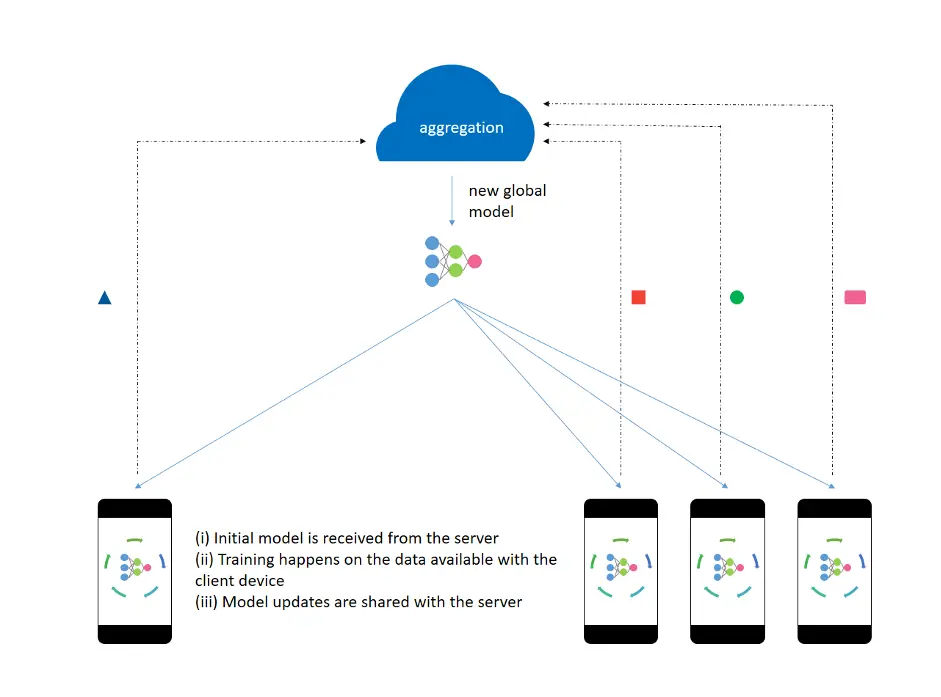
Source for image above: Chadorikar Introduction to Federated Learning and Privacy Preservation
The key to limit ongoing increases in emissions of Carbon Dioxide emissions is to go fast forwards into the technology revolution to implement the following:
The estimates for the economic costs of inventory mismanagement in the non-grocery retail sector in the US in 2018 amounted to USD 300Bn and the retail fashion sector have been destroying surplus inventory! This is both a financial and environmental wastage that application of Machine Learning for better forecasting product demand, recommendation algorithms to better target and match supply with demand and supply chain optimisation may assist with.
A report undertaken by PWC and commissioned by Microsoft set out that applying AI to four key sectors of the economy (Energy, Transportation, Agriculture and Water) alone would result in material reductions of Green House Gas Emissions, whilst also driving economic growth and substantial increase in jobs.
More specifically, the report set out that by 2030 AI applied to the four sectors could enable the creation of 38 million jobs, $5.2 Trillion of GDP growth and 2.4 Gigatons of Carbon Dioxide emissions (or a 4% reduction). These are vast numbers and align the benefits of economic growth with climate goals.
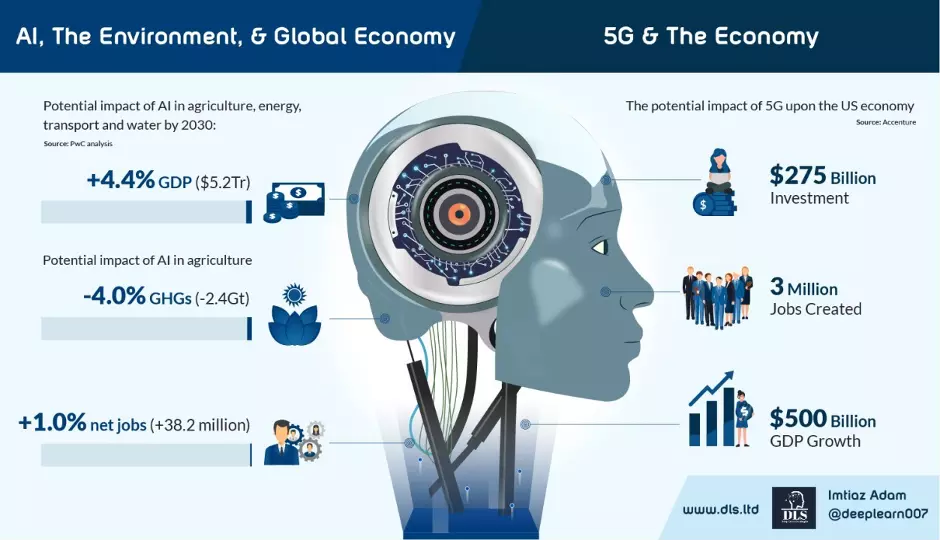
Accenture Strategy forecast that standalone 5G network technology may create 3 million jobs across the US and $500Bn of GDP growth. More recently a BCG Study forecast that 5G may drive the addition of approximately 4.5 Million Jobs and an increase of About $1.5 Trillion in US GDP Over this decade in the US alone!
Standalone 5G networks alongside AI will enable the AIoT across the Edge of the network and a whole new era of innovation ranging from 5G enabled smart glasses for the Metaverse to other next generation wearables and dynamically responsive intelligent agents across our homes and workplaces. Intelligence here is not defined as AGI at the level of the human brain and rather ranging from Narrow AI (ANI) and increasingly Broad AI (Artificial Broad Intelligence, ABI) that may multitask but not quite match the capabilities of the human brain.
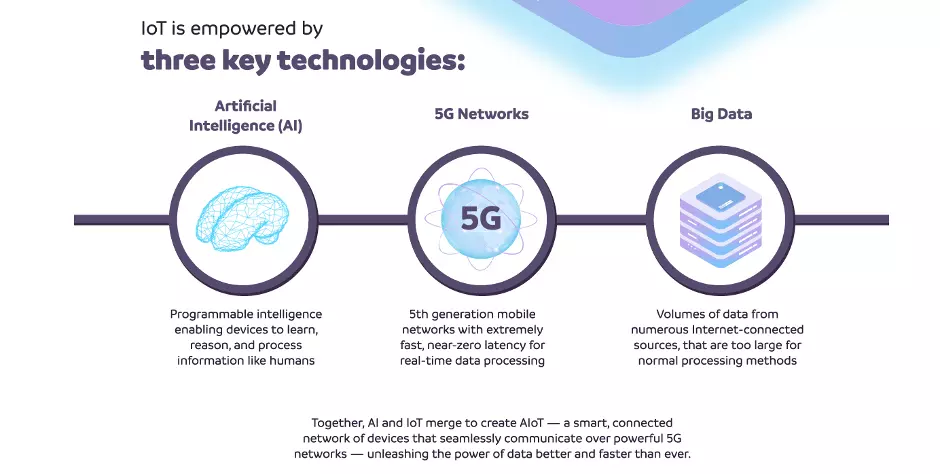
Source for image above: Imane Ghosh Visualcapitalist.com
The resulting impact of the AIoT will be felt across our entire economy.
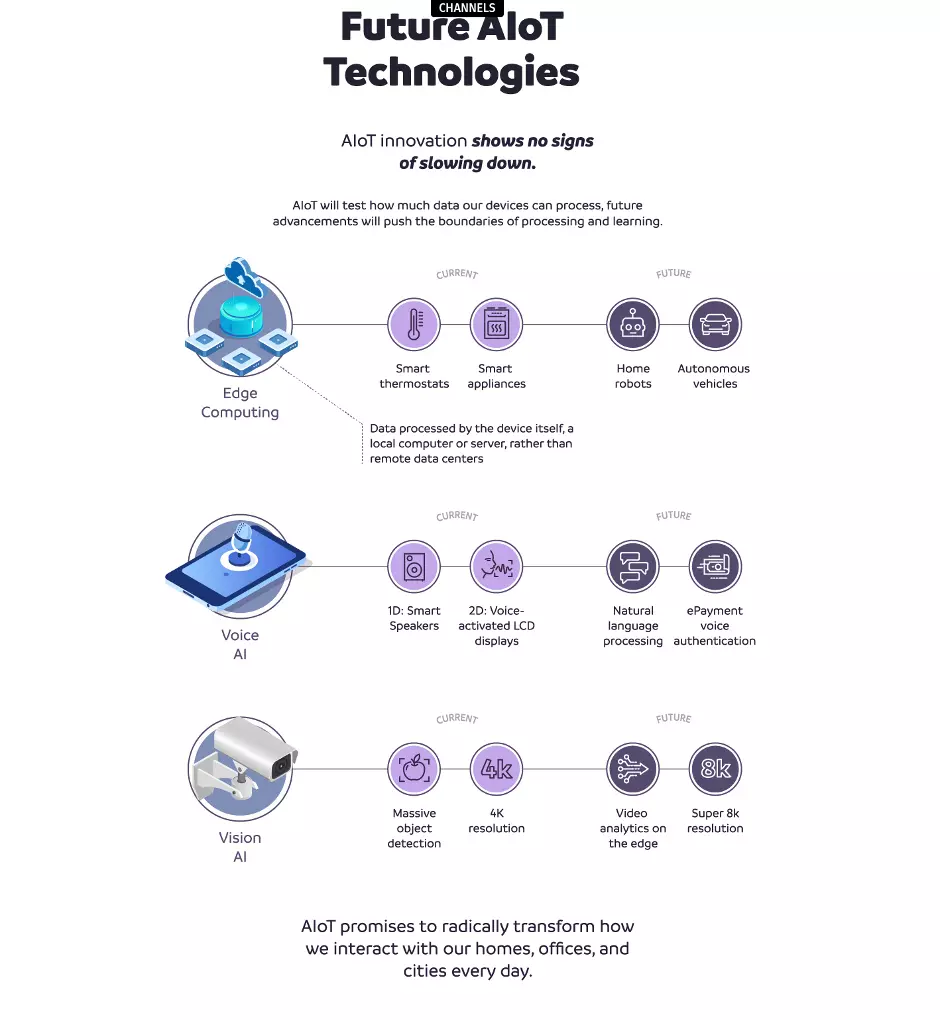
Source for image above: Imane Ghosh Visualcapitalist.com
Further research on applying AI technology towards Climate Change mitigation has been undertaken by Rolnick et al. (2019) Tackling Climate Change with Machine Learning. The authors of the research included famous AI research scientists Andrew Ng, Yoshua Bengio and the founder of DeepMind Demis Hassabis.
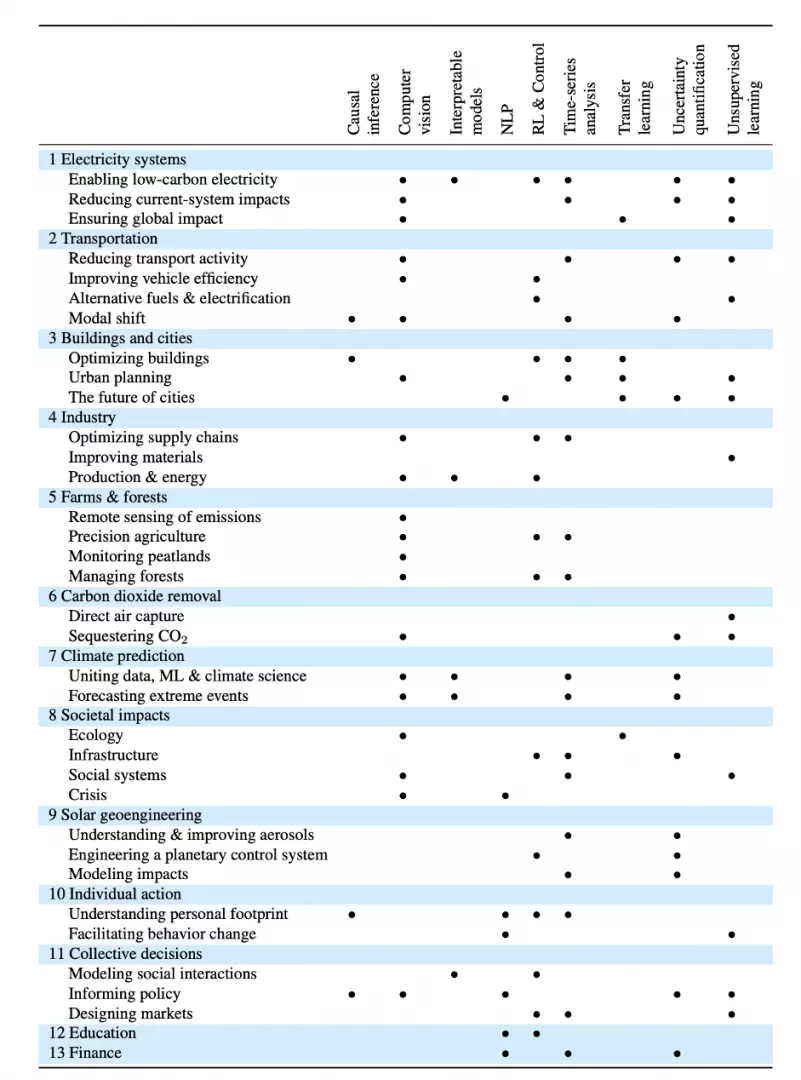
Source for the Image Above Rolnick et al.(2019) Tackling Climate Change with Machine Learning
The image above from Rolnick et al. (2019) sets out the vast potential of Machine Learning to assist in the battle against Climate Change.
In summary there is an imperative to find solutions to the other aspects of ESG that are affecting our society. Key examples include:
Adopting the approaches above would also allow us to scale AI across healthcare with approaches such as Federated Learning with Differential Privacy and explainable AI at a time when our healthcare systems around the world are facing unprecedented strains and healthcare staff are overloaded.
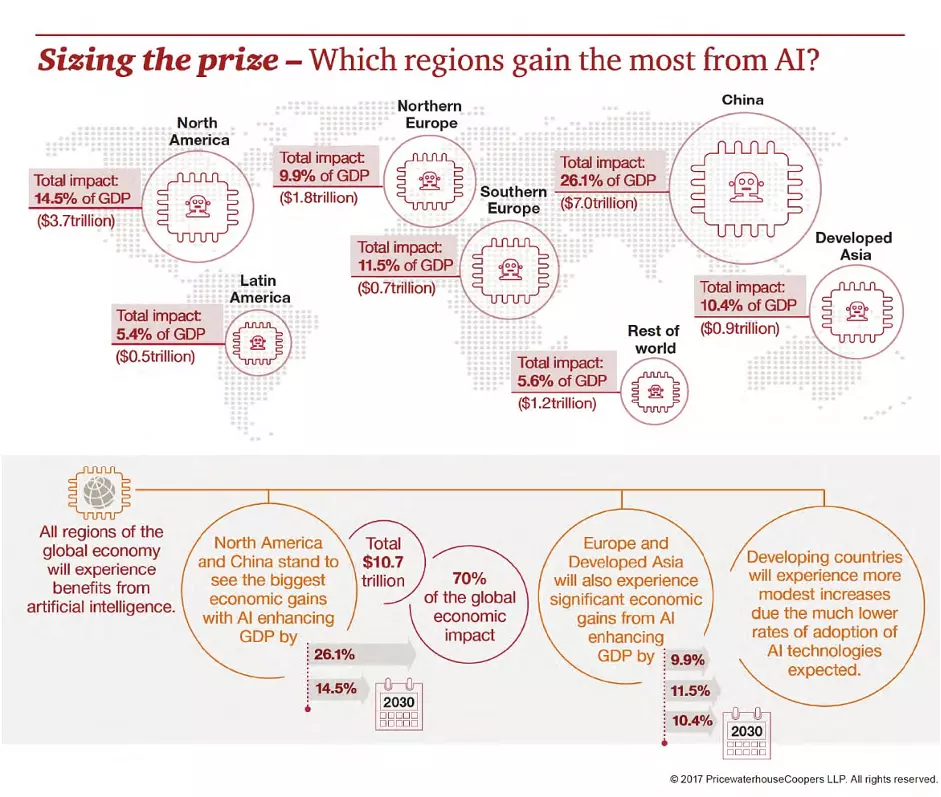
Source for the image above: PWC Sizing the Prize: Exploiting the AI Revolution
And whilst there have been fears expressed about AI technology causing job losses, the WEF have set out that whilst AI may result in 85 million job losses by 2025 it may also enable the creation of 97 million better jobs also by 2025, a net gain of 12 million albeit there will need to be investment into skills and education to maximise the opportunity.
The choices that we make now will determine what kind of world we want in the future.
Dystopian world ravaged by the consequences of climate change and resulting conflicts?

Or an advanced civilization with greater prosperity and better living standards whilst being more sustainable and in harmony with our environment.
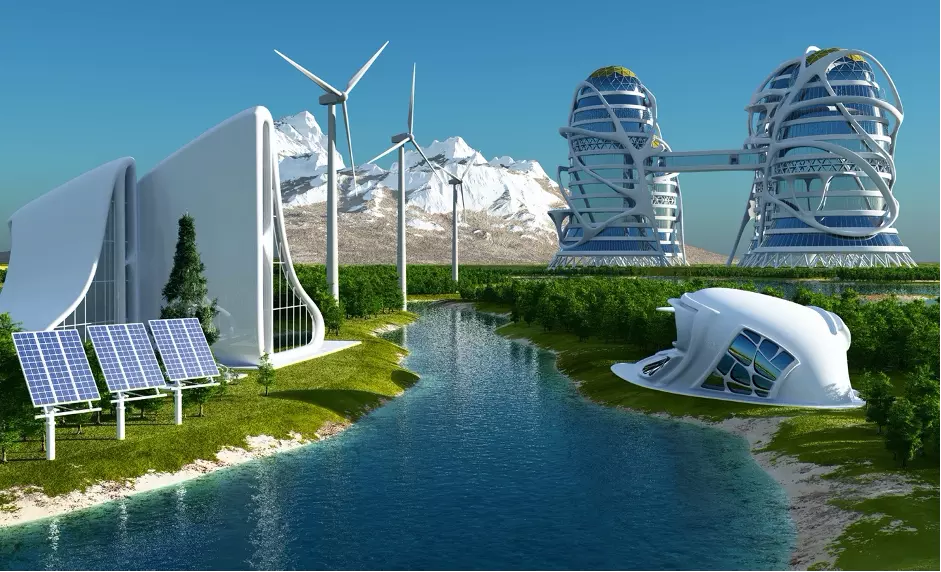
Imtiaz Adam is a Hybrid Strategist and Data Scientist. He is focussed on the latest developments in artificial intelligence and machine learning techniques with a particular focus on deep learning. Imtiaz holds an MSc in Computer Science with research in AI (Distinction) University of London, MBA (Distinction), Sloan in Strategy Fellow London Business School, MSc Finance with Quantitative Econometric Modelling (Distinction) at Cass Business School. He is the Founder of Deep Learn Strategies Limited, and served as Director & Global Head of a business he founded at Morgan Stanley in Climate Finance & ESG Strategic Advisory. He has a strong expertise in enterprise sales & marketing, data science, and corporate & business strategist.
Leave your comments
Post comment as a guest